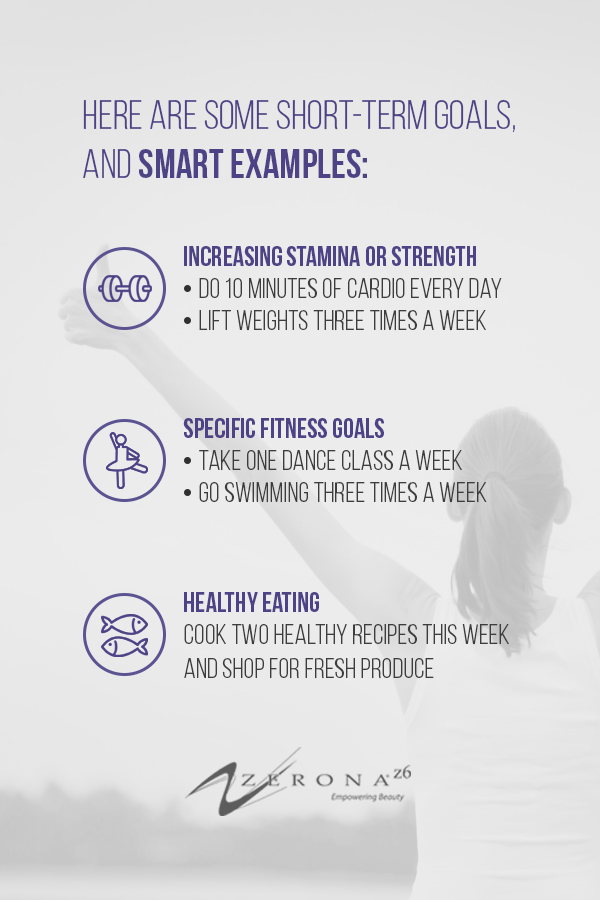Long-term Fitness vs Short-term Fitness

The Difference Between Long-term Fitness and Short-term Fitness
Long-term Fitness
Long-term fitness is all about creating healthy habits that you can maintain for a lifetime. This approach involves regular exercise, a balanced diet, and a commitment to making healthy choices. Long-term fitness is not just about losing weight or building muscle, it’s about improving your overall health and wellbeing.
Advantages of Long-term Fitness:
- Creates sustainable healthy habits
- Improves overall health and wellbeing
- Reduces the risk of chronic diseases
Disadvantages of Long-term Fitness:
- Results may take longer to see
- Requires consistency and dedication
- May not be suitable for those with urgent health needs
Short-term Fitness
Short-term fitness is all about quick results. This approach often involves intense workouts or crash diets that promise rapid weight loss or muscle gain. While short-term fitness can deliver quick results, it may not be sustainable or healthy in the long run.
Advantages of Short-term Fitness:
- Delivers quick results
- Motivates you to continue your fitness journey
- Can be effective for short-term goals
Disadvantages of Short-term Fitness:
- May not be sustainable or healthy in the long run
- Can cause injury if not done properly
- Results may not last
Which Approach is Best?
The best approach to fitness depends on your goals and lifestyle. If you’re looking for sustainable, long-term health benefits, then long-term fitness is the way to go. However, if you have a short-term goal, like losing weight for a special event, then short-term fitness may be more effective.
Frequently Asked Questions
1. Is long-term fitness better than short-term fitness?
It depends on your goals. If you’re looking for sustainable, long-term health benefits, then long-term fitness is the way to go. However, if you have a short-term goal, like losing weight for a special event, then short-term fitness may be more effective.
2. Can short-term fitness be harmful?
Short-term fitness can be harmful if you don’t do it properly. Intense workouts or crash diets can cause injury or lead to unhealthy habits if not done in moderation. It’s important to consult with a healthcare professional before starting any new fitness routine.
3. How long does it take to see results from long-term fitness?
Results from long-term fitness may take longer to see, but they are more sustainable in the long run. It’s important to be patient and consistent with your exercise routine and healthy habits. Results will vary depending on your goals and lifestyle.
4. Can I combine long-term and short-term fitness?
Yes, you can combine long-term and short-term fitness to achieve your goals. For example, you can focus on long-term fitness for overall health and wellbeing, but also incorporate short-term fitness for a special event or to break through a plateau in your progress.
